Mental-health experts say there is no question that social media is becoming a platform for public suicide. The concern is that people who are planning to take their own lives can broadcast their own deaths in real time — which is not only devastating for those who die but also for those watching it happen online.
Facebook said Wednesday that it is bolstering its suicide prevention tools to attempt to help prevent self-harm. The announcement was made just days after CEO Mark Zuckerberg acknowledged the need for more and better ways to intervene.
Facebook’s existing suicide prevention tools have been integrated into Facebook Live. People worried about a live-stream can reach out to the user in trouble or report the content to Facebook. And users who are in trouble will receive a notification with resources, including live chat support.
Facebook is also testing artificial intelligence to scan for posts as well as comments that indicate suicidal ideation and report them to the community operations team for review and possible intervention.
Nadine Kaslow, past president of the American Psychological Association and Sarah Dunn, clinical director of the Grady Nia Project, a project for suicide prevention at Grady Memorial Hospital, say teens and young adults may choose to end their lives online for a number of reasons. The clinical psychologists say some people, particularly those who have been victims of cyberbullying, may do it as a form of revenge or to retaliate against the bullies.
“There seems to be a link between what goes on on social media and suicides on social media,” Dunn said. “It’s often a way of getting back at the bully.”
Some, the psychologists say, may choose to attempt suicide online as a way to memorialize themselves.
Or other times, people may be broadcasting their actions, hoping that viewers will step in to stop them.
“It’s disturbing to say the least,” he said of suicide attempts and suicides being broadcast on social media. “But as disturbing as it is, by them doing it, it actually alerts law enforcement to the event and we’re able to respond in real time. That’s the age we’re in with social media. We know social media has changed so many things in the way we live our lives and now including how we die.”
Kaslow, who is also a psychology professor at Emory School of Medicine, said that although social media gives people a platform to talk about suicide in a constructive way, she agrees that it’s concerning when people are showing their own deaths in graphic detail. She said a concern is that live suicides could give others who are struggling a greater sense of “acquired capability” — the idea that, “If you can do it, I can do it.”
“What we don’t want to have happen is to make it seem easy to do,” she added. “That’s concerning.”
– Lindsey Bever
Read more: Facebook hopes artificial intelligence can curb the ‘terribly tragic’ trend of suicides


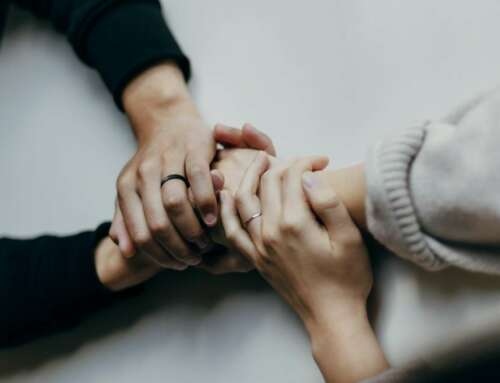
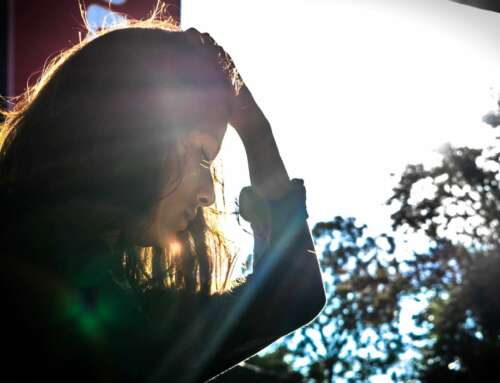
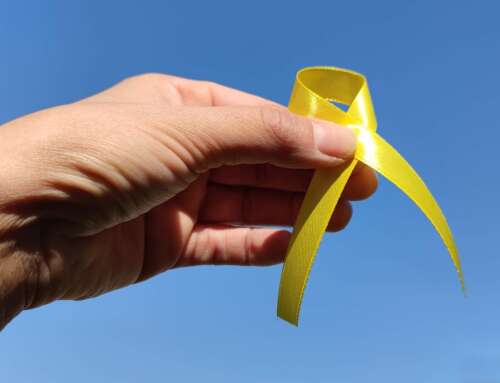
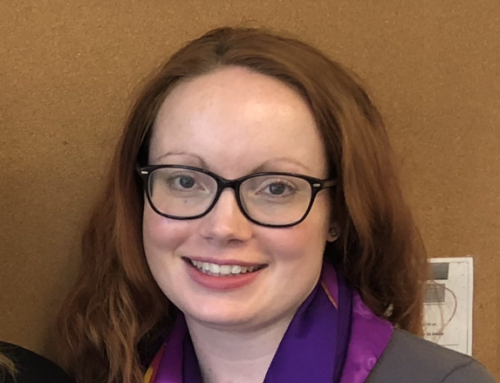
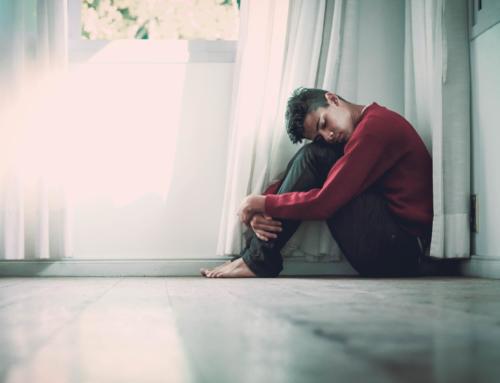
Leave A Comment